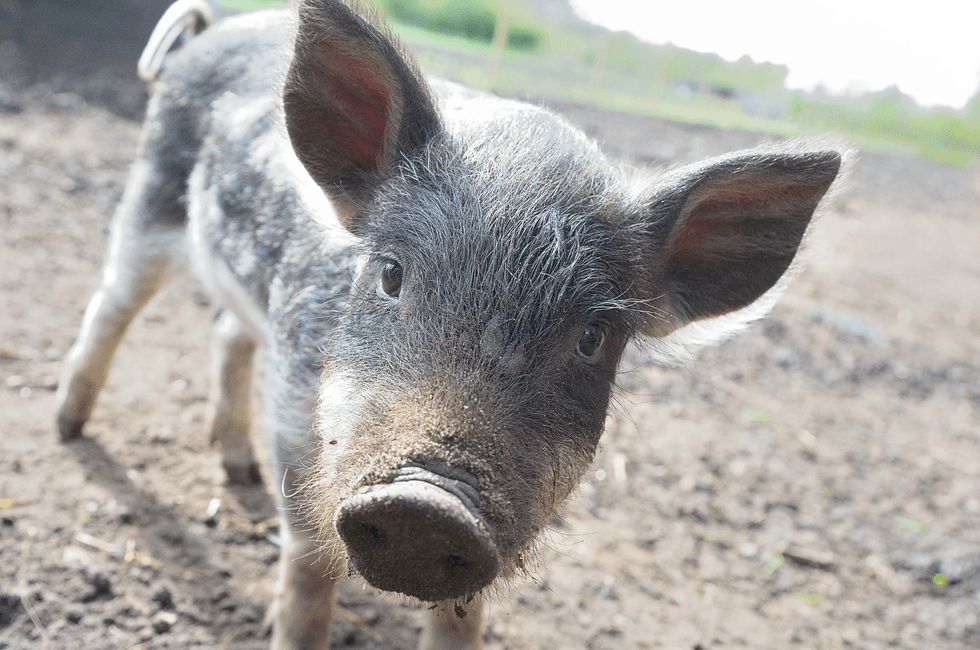Between Alexa, Siri, and Google, artificial intelligence is quickly changing us and the way we live. We no longer have to get up to turn on the lights or set the thermostat, we can find the fastest route to work with a click, and, most importantly, tag our friends in pictures. But interacting with the world isn't the only thing AI is making easier – now we can use it save the world, too.
A study recently shocked the conservation community by revealing that the African forest elephant population was actually smaller than previously thought. Poaching has caused a sharp decline in forest elephant populations. Seeing the numbers shrink from 100,000 in 2011 to just 40,000 today.
Forest #elephant numbers have decreased by 62% across central #Africa over the last decade, according to study - https://t.co/vhHilSXFmm
— BBC News Africa (@BBCAfrica) March 5, 2013
One of the ways scientists hope to help the species is to track their movements to help count and better understand them, however the old ways of doing things aren't working anymore.
Researchers would normally go about doing the work of tracking the elephants by going into the wild and "tagging" them. Meaning they would find some elephants, drug them, and then place a tracking device on them. After the tracking device is placed on a few different subjects the scientists would track their movements, and then statistically extrapolate how many of them there are and what they're doing.
A process like that has a few obvious issues, first, it interrupts the animal's normal way life if you can find them in the first place, second, it's hard to venture into the thick central African rain forest to find them, and third, the method can be somewhat inefficient in measuring true numbers.
Enter Cornell University researcher Peter Wrege, who is attempting to track the elephants using sound recordings. He and his team initially placed nine devices around the forest, and they worked great. But then they ran into a problem; there was no way for a bunch of overworked grad students to listen to all of the data that was recorded and use the findings to take action.
"If it takes us a year to figure out what elephants are doing in the forest, it's already too late." Wrege told The Cornell Chronicle.
Then a company called Conservation Metrics stepped in with a novel solution: use machine learning and artificial intelligence to listen and analyze to the data.
The process of using machines to analyze the different and complex tones that the elephants use to communicate with one another – one study found that an elephant's call can travel up to 13 kilometers – pushes the amount of time it takes to analyze the recordings to just 22 days.
Since the main cause of the elephants' decline is poaching, the information gathered and returned as actionable quickly is essential for authorities to move into areas where poachers may be illegally hunting.
This is the latest example of tech helping to conserve some of our most precious natural resources. Recently a similar "listening" project helped identify and track humpback whales in the south pacific. So let's not worry about the singularity declaring war on us just yet…
















 A car with LED headlightsCanva
A car with LED headlightsCanva




 A collection of toilet paper rollsCanva
A collection of toilet paper rollsCanva A bidet next to a toiletCanva
A bidet next to a toiletCanva A cute pig looks at the cameraCanva
A cute pig looks at the cameraCanva A gif of Bill Murray at the dentist via
A gif of Bill Murray at the dentist via  A woman scrolls on her phoneCanva
A woman scrolls on her phoneCanva
 A confident woman gives a speech in front of a large crowdCanva
A confident woman gives a speech in front of a large crowdCanva